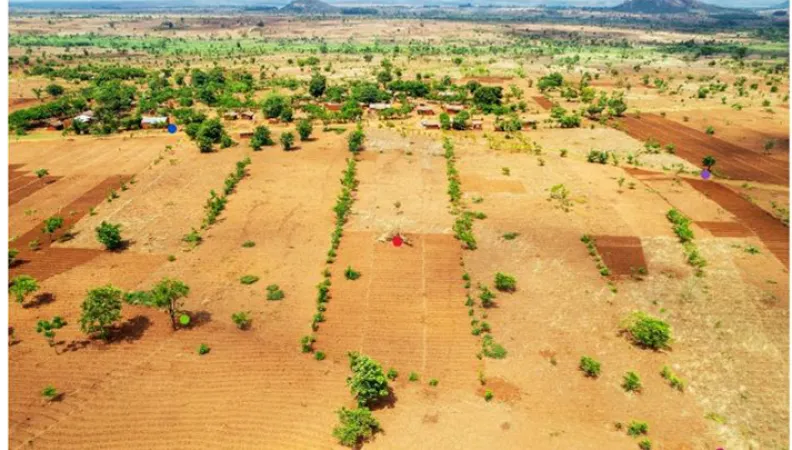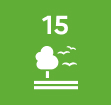Share the page
Promoting sustainable wood energy and restoring ecosystems in rural areas of Malawi and Madagascar (EcoBois)
Project


-
Project start date
-
Status
In progress
-
Estimated date of project termination
-
-
Project financing date
-
-
Financing duration
-
5 years
-
Type of program
-
FFEM
-
Global financing amount
-
€ 4 712 000
-
FFEM financing amount
-
€ 1 875 000
-
Project lead member institution(s)
-
Ministry of Agriculture and Food sovereignty
-
Country and region
-
Africa, Malawi, Madagascar
-
Type of financing
-
Partners
-
Agence Française de Développement (AFD), Jersey Overseas Aid, Other co-financiers
-
Beneficiaries
-
Inter Aide
-
Type of beneficiary
-
NGO, Foundation




The EcoBois project aims to create conditions for preserving natural resources and forests, to enable vulnerable populations affected by climate change to sustainably meet their wood needs through forestry, agroforestry and repopulation in native species.
Context
In Malawi and Madagascar, deforestation is jeopardizing some of the most biodiverse ecosystems in the world. Wood remains essential for energy and housing, particularly in rural areas. Demographic pressure, climatic hazards and extensive agriculture accelerate land degradation. Anti-deforestation policies are struggling to produce lasting effects, due to lack of means and effective local governance. The economic needs of populations often conflict with conservation objectives. The informal market for wood and coal remains dominant. These challenges call for approaches more rooted in the social and ecological realities of the field.
Description
- Promote sustainable wood through agroforestry and regeneration of local species.
- Strengthen land management by involving communities and authorities.
- Combine the fight against poverty and ecosystem restoration.
- Monitor, evaluate and disseminate effective practices.
- Mobilize a local and scientific network for sustainable action.
Outcomes
- Plant 3 million trees to restore ecosystems and improve the lives of 15,000 families.
- Support 3,000 households in the sale of agroforestry products.
- Create 4,500 ha of protected areas co-managed with local communities.
- Restore 3,500 ha of degraded land to enhance food security.
- Produce scientific data to guide policies and laws.
Innovative and exemplary features
The project innovates by combining local traditions, adapted techniques and effective financial incentives. In Madagascar, it mobilizes the lineage structures to organize collective reforestation according to the principles of "commons". It combines several simple and accessible planting methods, adapted to the realities of villages. A living tree bonus encourages families to sustainably maintain trees. This mechanism, inspired by the work of Esther Duflo, supports even the most modest households. The whole contributes to sustainably restoring degraded landscapes.
Sustainable Development Goals
ODD1 No poverty

ODD5 Gender equality

ODD13 Climate action

ODD15 Life on land



